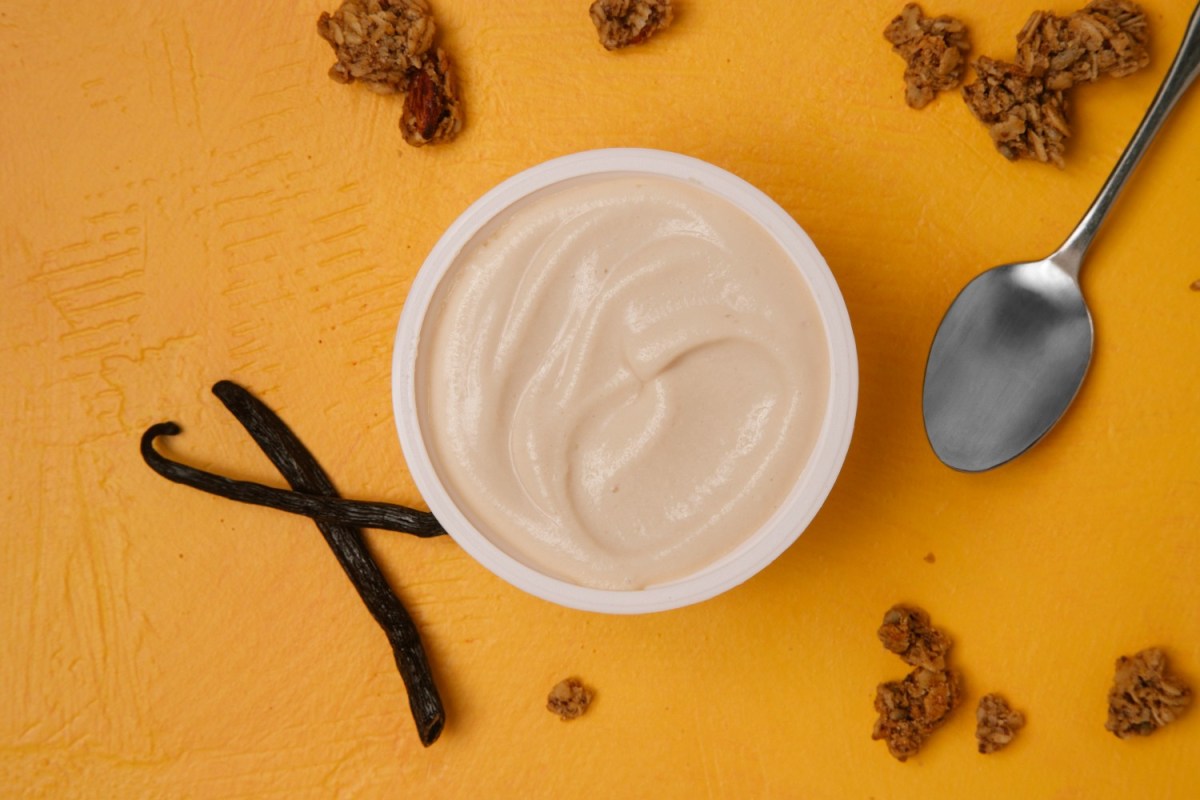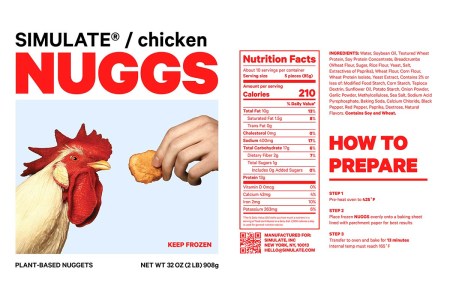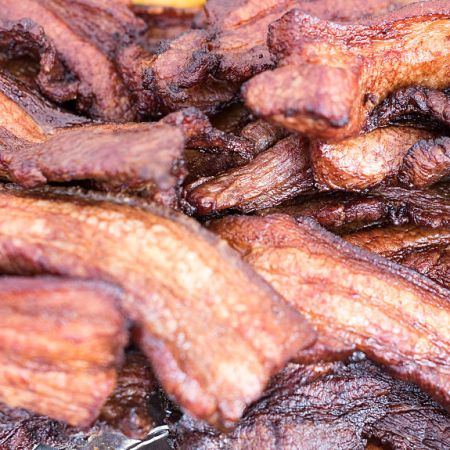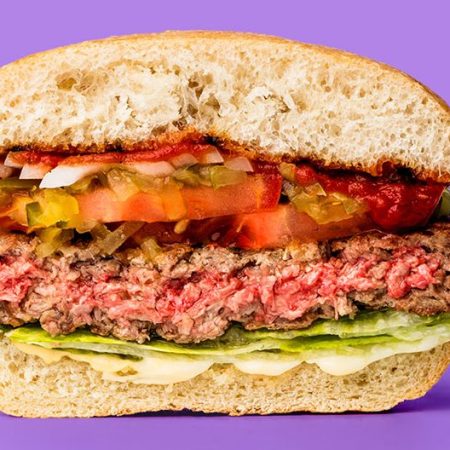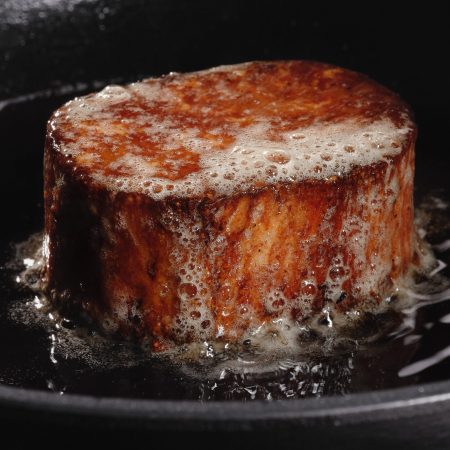When you think of NASA research, there are a few places that your mind generally goes, most of which involve cutting-edge technology and travel through the solar system. But NASA’s activities also head into more pragmatic measures — like, say, making sure that astronauts are fed during the aforementioned space travel. The agency has an entire food science facility in partnership with Texas A&M University, for that matter.
And sometimes, NASA’s less expected research unearths things you’d truly never expect. Consider the Chicago-based company Nature’s Fynd, which produces a host of food like meatless patties and non-dairy yogurt. Its origin story isn’t in the Windy City, however. Instead, it began with a NASA research project at Yellowstone National Park.
In a Smithsonian Magazine article, Claire Turrell chronicled the company’s path from research to something available on supermarket shelves. The microbe at the center of the company’s products was discovered by scientist Mark Kozubal in 2009, when he was involved with a NASA project searching for life in hostile environments — like the geysers and hot springs of Yellowstone.
The Meatless Revolution Has Come for Chicken Nuggets
How soy protein and pitch-perfect marketing could help a Manhattan startup take on McDonald’sThat led Kozubal and his colleagues to explore ways in which the microbe they discovered — Fusarium strain flavolapis (also known as Fy) — could be turned into something edible. As Turrell writes, what they ended up producing was something both high in protein and versatile in terms of what could be made with it.
There’s been an increasing amount of discussion in environmental circles about using fungi-based meat alternatives — in part because of their impact (or lack thereof) on deforestation. A 2022 study in Nature pointed to one of the more advantageous aspects of microbial meat alternatives: they don’t require vast amounts of land for grazing and can be created nearly anywhere. It might be a space-age solution to an ongoing environmental concern.
Join America's Fastest Growing Spirits Newsletter THE SPILL. Unlock all the reviews, recipes and revelry — and get 15% off award-winning La Tierra de Acre Mezcal.
